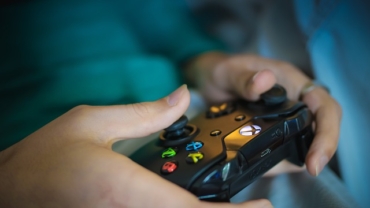Smartphones, once devices relegated to adults have become an important part of young adults’ lives. The use of smartphones before bed has been on the rise since, well, smartphones existed but the negative health impacts, especially on adolescents, has become the focus of many new studies. Researchers from China wanted to look into the impact of screen time before bed












